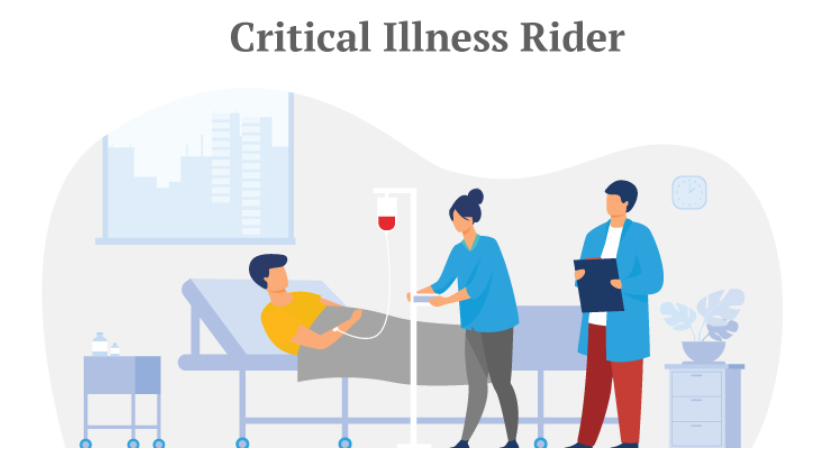In light of the ongoing coronavirus pandemic, seniors face unique challenges and may have numerous questions about services and staying connected with family and friends. This guide offers a comprehensive overview of essential information and resources for seniors to navigate these uncertain times safely.
Understanding Coronavirus (COVID-19):
Coronavirus, also known as COVID-19, is a respiratory illness that surfaced in Wuhan, China in late 2019. It spreads primarily through respiratory droplets from coughing or sneezing, and surfaces can also harbor the virus. The incubation period is typically around 5 days, but symptoms can appear up to 11.5 days after exposure. Seniors and individuals with pre-existing health conditions are at a higher risk of severe symptoms due to their more vulnerable immune systems.
Preventing Coronavirus:
There is no vaccine currently available for COVID-19, so prevention is crucial. The Centers for Disease Control and Prevention (CDC) recommends several preventive measures:
- Wash hands frequently with soap for at least 20 seconds.
- Use hand sanitizer when handwashing isn’t possible.
- Maintain a distance of at least 6 feet from others in public.
- Wear masks or face coverings in public settings.
- Regularly disinfect frequently touched surfaces.
What to Do if Symptoms Appear:
If you experience symptoms like cough, fever, or difficulty breathing, it is vital to:
- Stay home and monitor your symptoms.
- Isolate yourself within your home to prevent spreading the virus to household members.
- Contact your healthcare provider for guidance and before visiting a medical facility.
- Follow your doctor’s instructions and monitor your symptoms closely.
Resources for Staying Informed and Safe
Keeping Updated on COVID-19:
- CDC Website: Regular updates, safety guidelines, and national statistics.
- State Health Departments: Localized information and resources.
- News Outlets: Reliable sources like CNN, The New York Times, and The Washington Post provide continuous coverage and updates.
Nursing Home and Long-Term Care Guidance:
- Restrictions on Visits: Most facilities are limiting visitors to protect residents, with exceptions for critical situations.
- Communication: Ensure that the facility has your current emergency contact information. Utilize digital communication tools to keep in touch with loved ones.
Accessing Food and Essentials:
- Senior Shopping Hours: Many stores offer special shopping hours for seniors. Check local stores for times.
- Grocery Delivery and Curbside Pickup: Many grocery stores now offer these services to minimize exposure.
- Meal Delivery Services: Companies like DoorDash, Uber Eats, and Grubhub can deliver meals from local restaurants.
Financial Assistance:
- Managing Finances: Resources from the Consumer Financial Protection Bureau can help seniors manage finances and avoid scams.
- Prescription Deliveries: Many pharmacies now offer prescription delivery services. Check with your provider about mail-order options or delivery services.
Exercise and Activity:
- Home Exercise Resources: Online videos and guides can help seniors stay active indoors.
- Social Interaction: Utilize free video chat services like Zoom, Skype, Google Hangouts, or Apple FaceTime to stay connected with family and friends.
This guide aims to equip seniors with the necessary tools and information to manage health risks associated with the coronavirus effectively, ensuring their well-being and maintaining essential connections during these challenging times. Always consult healthcare professionals for medical advice and up-to-date information on COVID-19.



